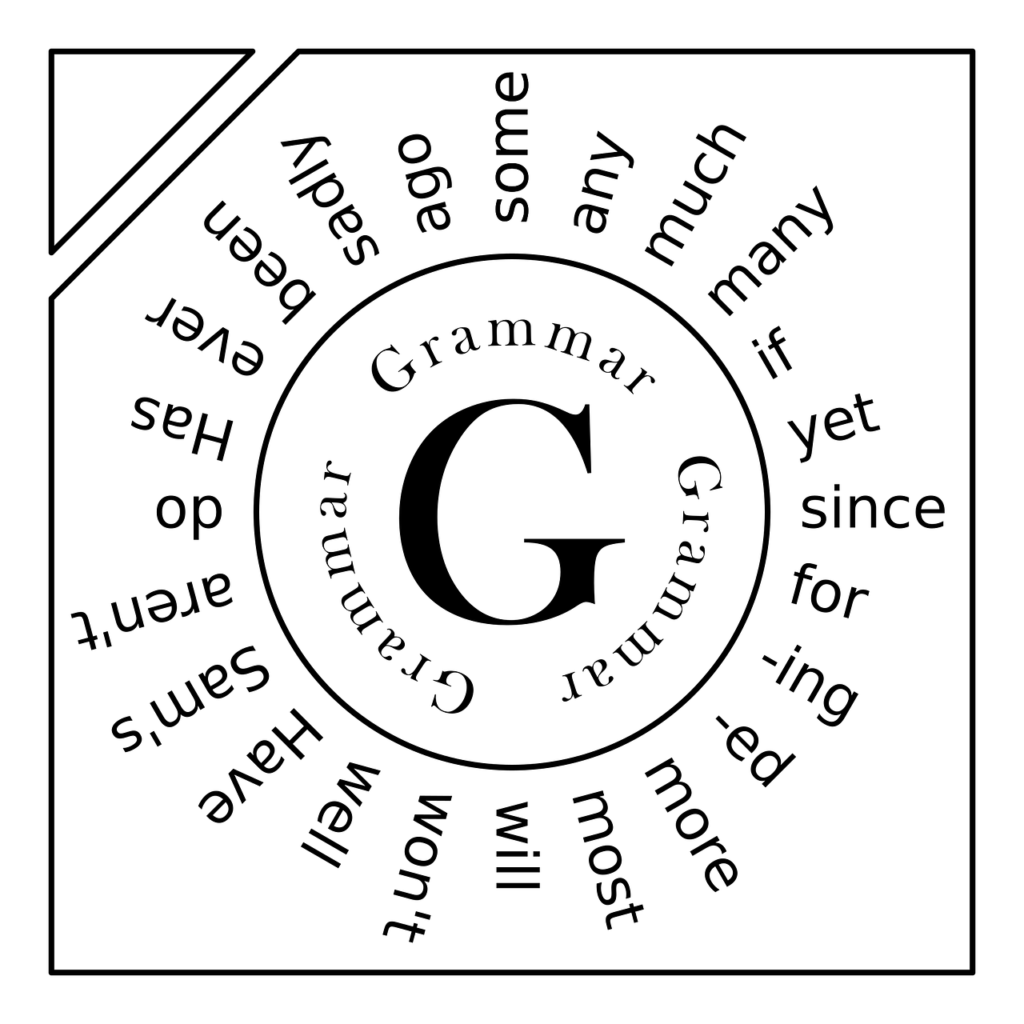Palindrome
A palindrome is a word, phrase, number, or other sequence of characters that reads the same forward and backward (ignoring spaces, punctuation, and capitalization). The term comes from the Greek roots palin (“again”) and dromos (“way” or “direction”), meaning “running back again.” Characteristics of Palindromes Palindromes exhibit a form of symmetry. This quality makes them […]

